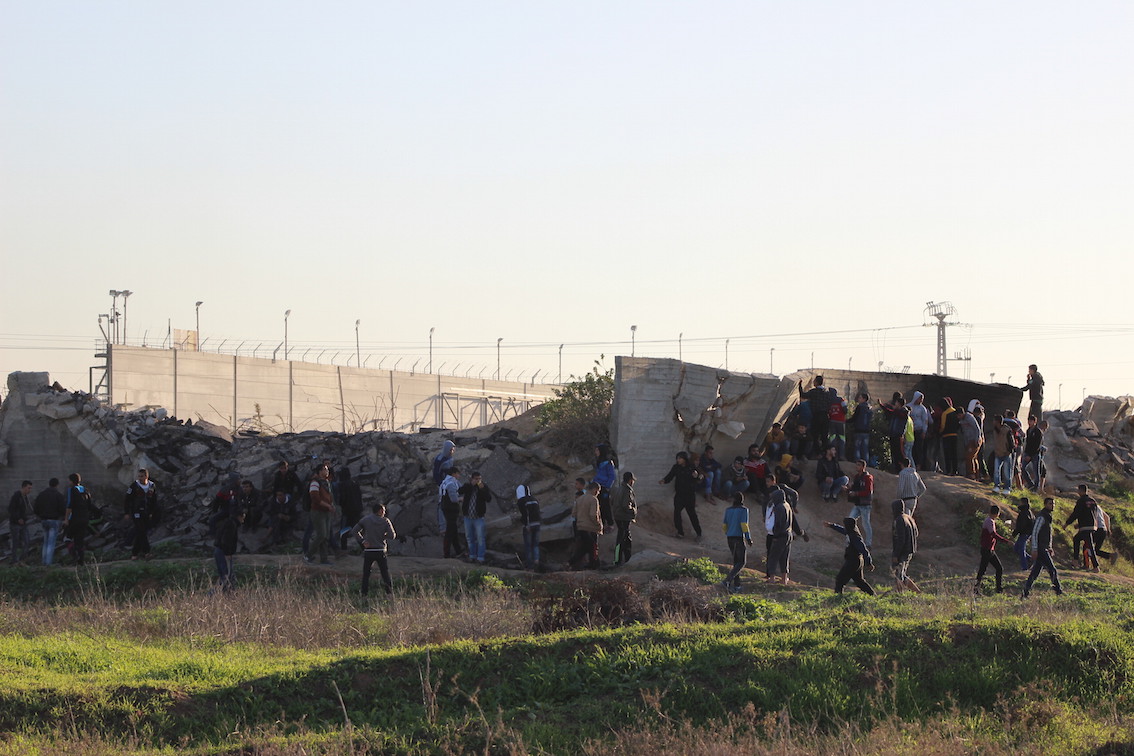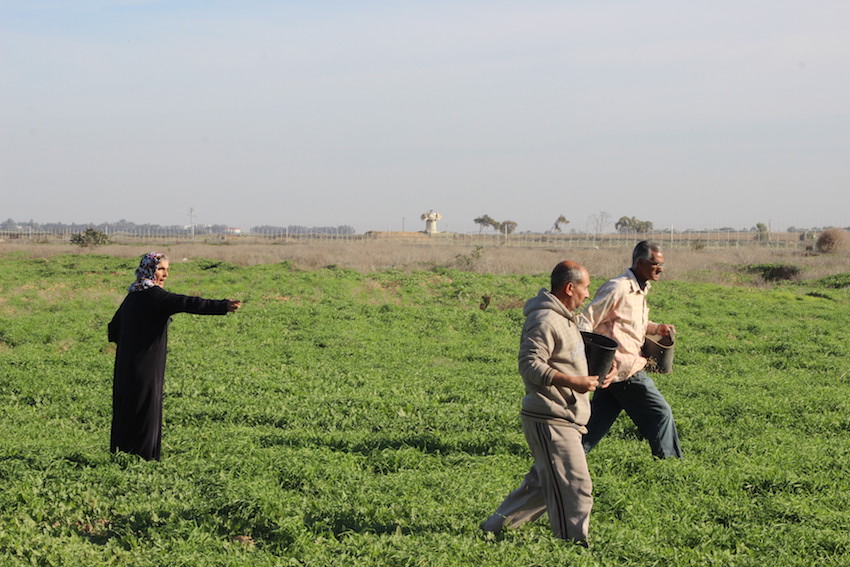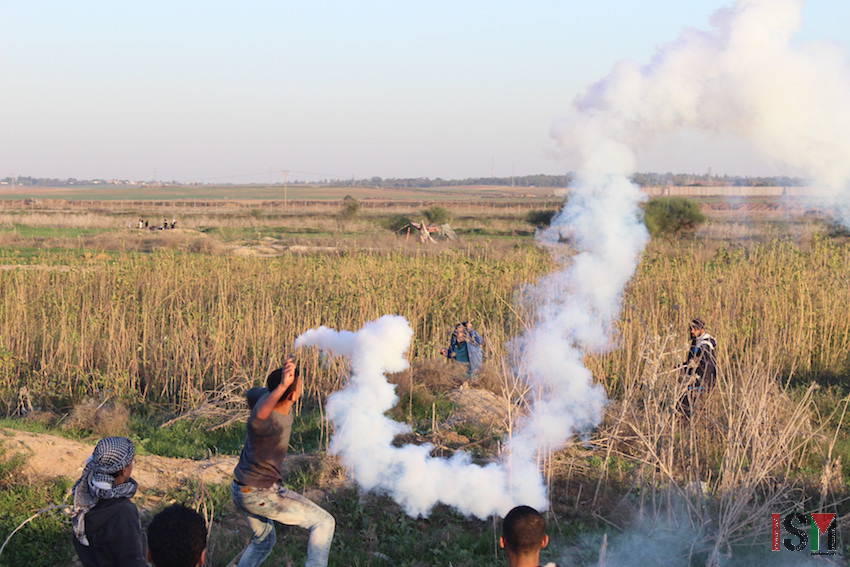Category: Gaza
-

Many injured during the friday protests in Gaza
December 4th, 2015 | International Solidarity Movement, Gaza team | Gaza strip, occupied Palestine There were many protests this Friday again in Gaza. According to the information provided by the ministry of health, 10 people have been injured in the Khan Younees area, mainly in El Farahin. 11 people have been injured in the Central Area.…
-

In Gaza, Israeli Forces brutally stop farmers from working on land
November 27th, 2015 | International Solidarity Movement, Gaza team | Khuzaa, Gaza strip, Occupied Palestine In Gaza, farmers should have started to plant wheat almost a month ago. However, in Khuzaa, a village close to Khan Younis, farmers who own land near the fence have not been able to start, as they don’t have the…
-

Demonstrations in Gaza violently met by Israeli Forces
14th November 2015 | International Solidarity Movement, Gaza Team | Gaza, occupied Palestine In Gaza today, November the 13th, protestors all over Gaza aproached the fence that encloses them in a small strip of land. In the Erez border crossing (Beit Hanoun), Nahel Oz (Shijaia), Karni border crossing, and Bureij and Abassan (Khan Younis) confrontations errupted, leaving at least 18 young…
